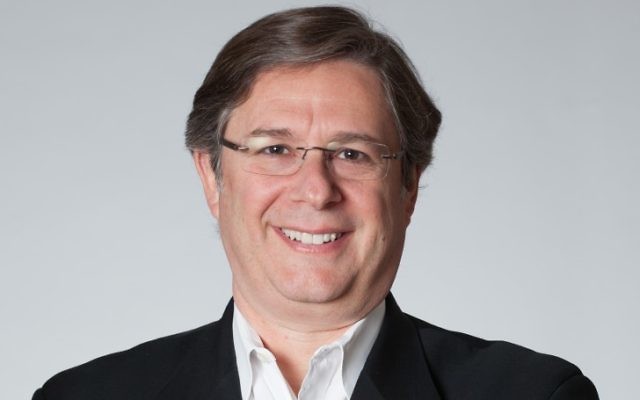Take Your Vote Serious
Michael A. Morris shares the importance of exercising your right to vote and why you should consider it a serious obligation to make your vote count.
Voting in the United States is not only a right, but I feel an obligation that we should all take seriously. Even with over 330 million citizens in this country, voting is important, imperative. It is a key principle in the founding of our country, and in each century, many of our family and friends die to allow us to keep this right alive. It is amazing with so many people voting how close elections are typical won. Think about this: How fair would you feel an election would be if every eligible voter actually voted?
Anyone who says your vote doesn’t count is categorically wrong. It may have less of an effect than on a 15-person board, but it is no less crucial. It tells all of us how many people are behind one candidate versus another. Voting fulfills our own personal obligations and sends the right message to others, including our children. It ensures an accurate and fair election; it is the right thing to do, and it means that each one of us is part of the process. Do you recycle because by your actions you will save the planet? You recycle because it’s the right thing to do and if we all do it, we will save the planet together. As Mike Leven’s new book says, “Can’t Do it Yourself.”
By the numbers, the last census states that there are 233 million eligible voters. Current records show 153 million registered voters, and the turnout in 2016 was 138 million voters. In recent years, voter turnout has hovered between 50 and 55 percent. (During much of the 1800s, turnout fluctuated between 70 and 80 percent).
Again, in recent history, half of our presidential elections have been won by less than 5 million votes, several by less than 2 million votes. Every 1 percent increase in voter turnout amounts to 2.3 million votes. Does this sound like your vote does not matter?
A 5 percent increase in voter turnout could have changed every single election since Reagan’s win against Mondale in 1984. That election was won by a landslide 54 million votes versus 37 million, and would have required an 8 percent increase in voter turnout to change the result. This assumes that the total increase in voter turnout goes to one candidate, which is unlikely, but it demonstrates how important your vote is and suggests that a fair and balanced outcome is truly predicated upon significant voter turnout.
On a completely different note about elections, one must be living under a rock not to recognize the tension, animosity and polarization of the left and the right, the candidates themselves, and ourselves. Virtually every person I know has lost friends due to our differences in opinions about the leadership and path of this great country of ours. We are a melting pot, and not only do we have 250 million more citizens than in 1900 (population 76 million) who have come to America for our freedoms, we have many more cultures, ideologies, traditions, expectations, and most notably, opinions. Small fringe groups still may be fringe but are not so small. About 1 percent of American’s polled (ScienceAlert) claim they believe the world is flat – that is more than 1 million people! They probably do not believe that, but you get my point.
A friend of mine told me a theory about why our candidates are so polarized, and it definitely sounds like it has credibility. There is certainly a kernel of truth embedded in this train of thought. Within both the Republican and Democratic parties, there are people further to the left, the right and the middle. In both parties, there is a far left and a far right. Both of these camps would be considered fringe, and in each case these people have dangerous views. I would consider full-on socialism on the left and white supremacy on the right to fall into these categories, and there are many other fringe groups on the left and right.
While the vast majority of Americans would have a negative view of both of these groups’ beliefs and values and consider them extreme and dangerous, there is a problem in keeping them on the fringe. They represent a statistically important voting group. They are fringe, but there are a lot of them, or at least enough of them. In order for each presidential nominee to secure their respective party’s vote, they must lend a certain amount of credence to these groups to maintain their patronage. Not only does this pull the candidates away from the middle, but over time, the nominees themselves will tend to arise from the middle of their party, the middle of their ideology, not the middle of the country. Our nominees do not come to the table trying to win over the middle; they come to the table further apart today than at any other time in history.
One unfortunate consequence of having 233 million eligible voters is that we have large blocks of opinions, cultures, ideology, and we all have a right to them and a right to voice them. Essentially each opinion has 1 million voters behind it, no matter how different or extreme.
This certainly could explain why a vast number of us, who consider ourselves in the middle, look at the two current candidates and see extremism. Under this circumstance, I can see how one extremism appears evil and the other almost, somewhat palatable, because ultimately, we have to choose. I think this is where we get the expression: the better of two evils.





comments